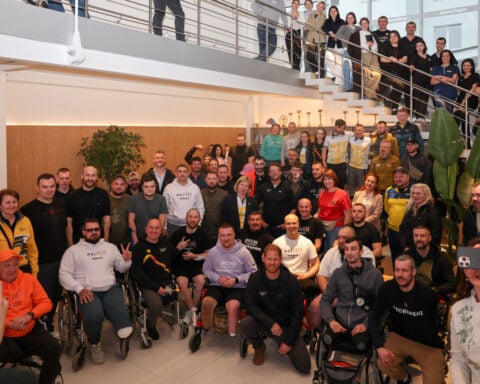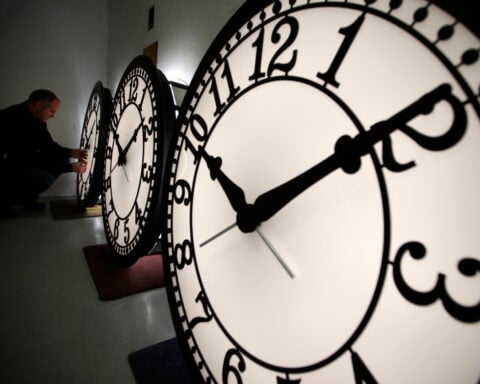Scientists are working tirelessly to uncover the secrets of longevity and health by studying the countless nuances of aging and providing fascinating insights and empirically supported solutions for staying young. Even if finding the fountain of youth is still a pipe dream, promising new findings in the study of aging point to the possibility of living longer and healthier lives in the future.
An innovative method for measuring aging, the "epigenetic clock," was developed by Steve Horvath, a genetics professor turned lead scientist for the longevity-focused startup Altos Labs. Salivary molecular levels provide a biomarker "clock" that may be used to infer a person's health and biological age. Horvath, on the other hand, suggests keeping a positive frame of mind and remembering that these exams are only snapshots of your current health and in no way indicative of your future prognosis.
Biological age, a measure of how much older a person feels than they actually are, is becoming an integral part of the aging story. Tests like the GrimAge clock, which examines one's DNA for chemical indicators of aging, provide light on the complexity of this measurement and its interplay with others, such as blood pressure, weight, cholesterol, and glucose. Nonetheless, Horvath emphasizes the caveats of such assessments, discouraging reliance on them for mortality forecasting.
Surprisingly, the simplest solutions might have the most impact on slowing down time. Changes in lifestyle, such as giving up smoking, eating more vegetables, exercising regularly, and reducing chronic inflammation, have been shown to retard aging and increase health and longevity significantly.
As our understanding of aging grows, so does the speculation about how biological age assessment may be used in therapeutic contexts. Even if the research isn't there yet, Horvath expects that doctors will be able to utilize these evaluations to recommend innovative therapies that extend life expectancy. Though still in its infancy, research into how to live longer has huge potential, offering a glimpse into a future in which extended life spans are accompanied by greater health and productivity. The scientific secrets of perpetual youth are progressively being uncovered through the hunt for longevity.
This study on aging and lifespan draws on the most recent scientific discoveries but should not be used in place of advice from a physician. Any major changes to one's health routine should be discussed with a healthcare practitioner before being implemented.

 Trump has begun another trade war. Here's a timeline of how we got here
Trump has begun another trade war. Here's a timeline of how we got here
 Canada's leader laments lost friendship with US in town that sheltered stranded Americans after 9/11
Canada's leader laments lost friendship with US in town that sheltered stranded Americans after 9/11
 Chinese EV giant BYD's fourth-quarter profit leaps 73%
Chinese EV giant BYD's fourth-quarter profit leaps 73%
 You're an American in another land? Prepare to talk about the why and how of Trump 2.0
You're an American in another land? Prepare to talk about the why and how of Trump 2.0
 Chalk talk: Star power, top teams and No. 5 seeds headline the women's March Madness Sweet 16
Chalk talk: Star power, top teams and No. 5 seeds headline the women's March Madness Sweet 16
 Purdue returns to Sweet 16 with 76-62 win over McNeese in March Madness
Purdue returns to Sweet 16 with 76-62 win over McNeese in March Madness








